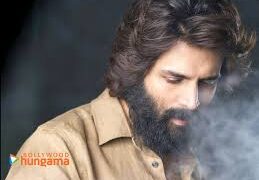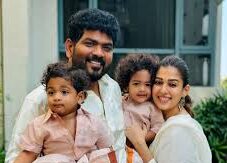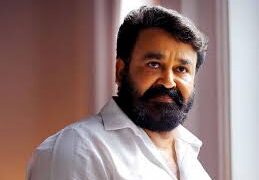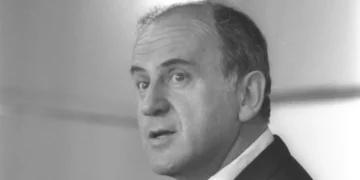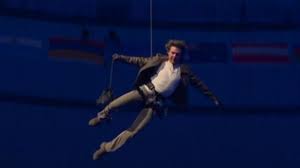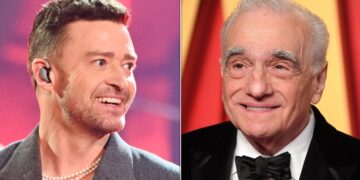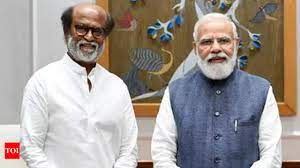In a somber announcement, Seiji Ozawa, the revered Japanese conductor renowned for his dynamic performances as the head of the Boston Symphony Orchestra, has passed away at the age of 88. Ozawa’s management office confirmed his death, citing heart failure as the cause. The internationally acclaimed maestro, recognized for his distinctive mop of salt-and-pepper hair, led the Boston Symphony Orchestra for an unprecedented three-decade tenure from 1973 to 2002. Following his Boston chapter, Ozawa served as the music director of the Vienna State Opera from 2002 to 2010.
Ozawa’s enduring impact on the world of classical music extended beyond his role as a conductor. In his native Japan, he founded the Seiji Ozawa Matsumoto Festival, a celebrated music and opera event. His dedication to promoting Japanese talent was evident in his co-founding of the Saito Kinen Orchestra in 1984, which, along with Ozawa, earned a Grammy for best opera recording in 2016.
The conductor, born in Manchuria, China, in 1935, returned to Japan in 1944 and began his musical education under the tutelage of Hideo Saito. Ozawa’s journey to international acclaim started in 1960 when he arrived in the United States and caught the attention of Leonard Bernstein, leading to his appointment as the assistant conductor of the New York Philharmonic.
Ozawa’s influence on the Boston Symphony Orchestra was profound. During his tenure, he appointed a significant portion of its musicians and played a pivotal role in transforming it into the world’s largest-budget orchestra. Even after his departure, Ozawa continued to receive accolades, notably a hero’s welcome with a nearly six-minute ovation when he conducted the Boston orchestra in 2006.
While Ozawa faced some criticism in the later years of his career, particularly from American critics, his impact on classical music and his efforts to champion diversity in the field cannot be overstated. Beyond his artistic achievements, Ozawa’s passion for sports and community involvement endeared him to the people of Boston.
Despite health challenges, including treatment for esophageal cancer in 2010, Ozawa remained active in the music world. His final public performance was in 2022 at the Seiji Ozawa Matsumoto Festival, marking its 30th anniversary.
Seiji Ozawa’s funeral was a private affair attended only by close relatives, in line with the family’s desire for a quiet farewell. In recognition of his significant contributions to American culture through the arts, Ozawa was honored at the Kennedy Center Honors in 2015.











